Cape Town, South Africa, has been making headlines due to a relentless drought that has gripped the city. The much-feared ‘Day Zero’ has been delayed to June 4, yet Cape Town is not the only city facing severe water shortages. A study conducted on the 500 largest cities globally in 2014 revealed that one in every four cities was in a state of water stress.

The postponement of ‘Day Zero’ has necessitated even stricter water consumption measures in Cape Town. The daily water limit per person has been reduced from around 87 liters to 50 liters, which is less than a third of the UK’s daily individual water consumption.
1. Cape Town, South Africa
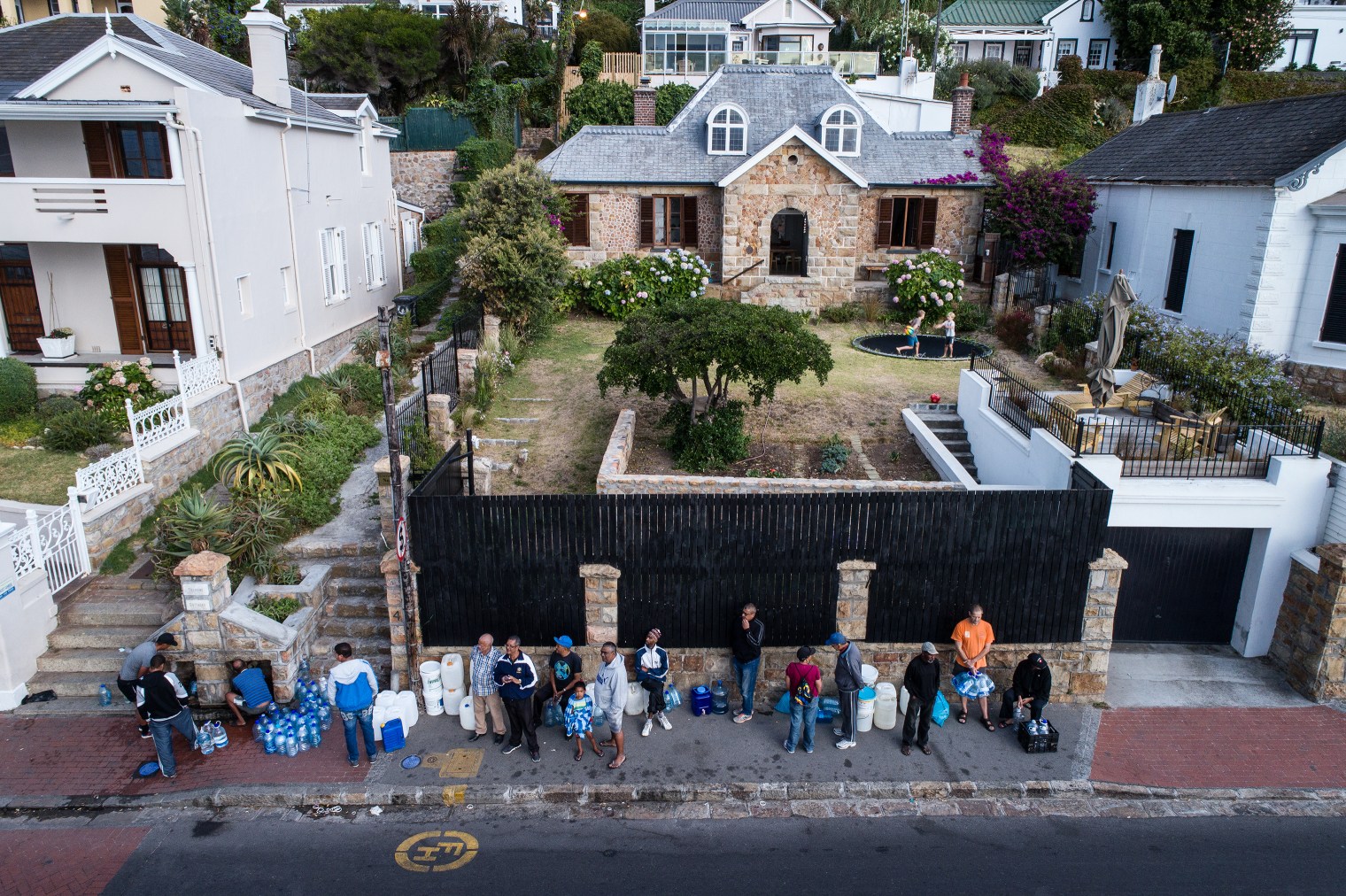
2. São Paulo, Brazil
Brazil’s financial hub experienced its worst drought in 80 years in 2015 when one of its main water reservoirs dropped below 4% capacity. This led to water rationing and the need for water trucks to supply different parts of the city.
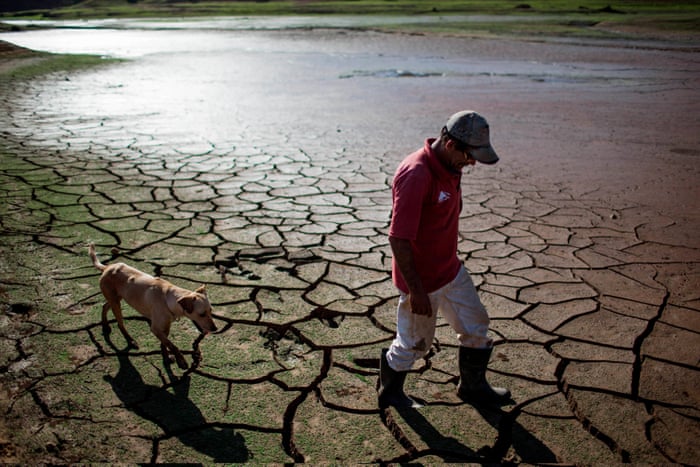
3. Bangalore, India
With 85% of its lakes too polluted for drinking or bathing and a faulty plumbing system that wastes over half of its drinking water, Bangalore faces significant challenges in water management.
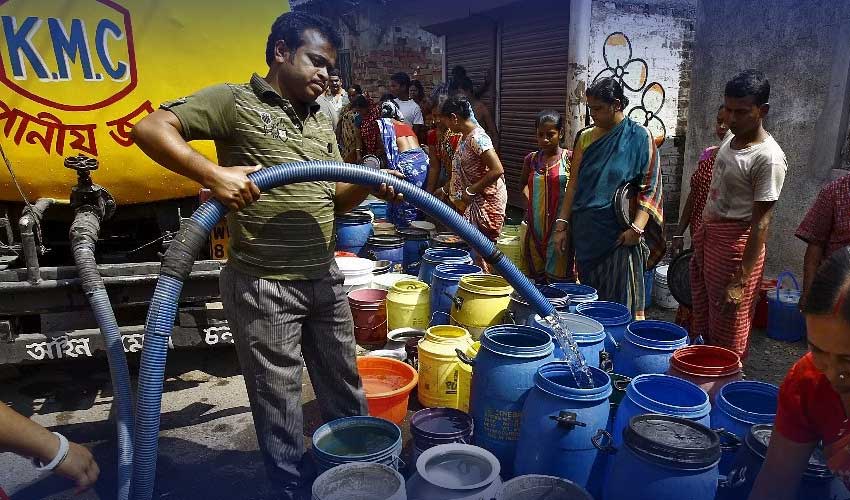
4. Beijing, China
Approximately 40% of Beijing’s surface water is heavily polluted, rendering it unusable for agricultural or industrial purposes. Despite being home to 20% of the world’s population, China has only 7% of the planet’s fresh water.
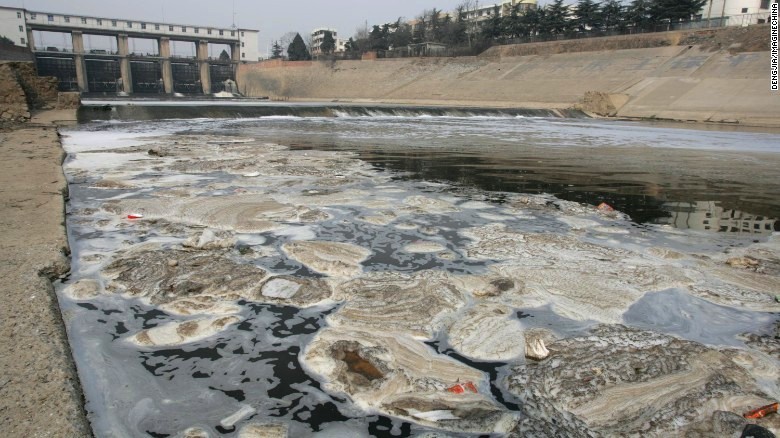
5. Cairo, Egypt
Cairo heavily relies on the Nile River for fresh water, but the river is increasingly contaminated with untreated waste. The UN predicts critical water shortages in Egypt by 2025.

6. Jakarta, Indonesia
Less than half of Jakarta’s residents have access to piped water, leading many to illegally dig wells and drain underground aquifers, exacerbating the water scarcity issue.
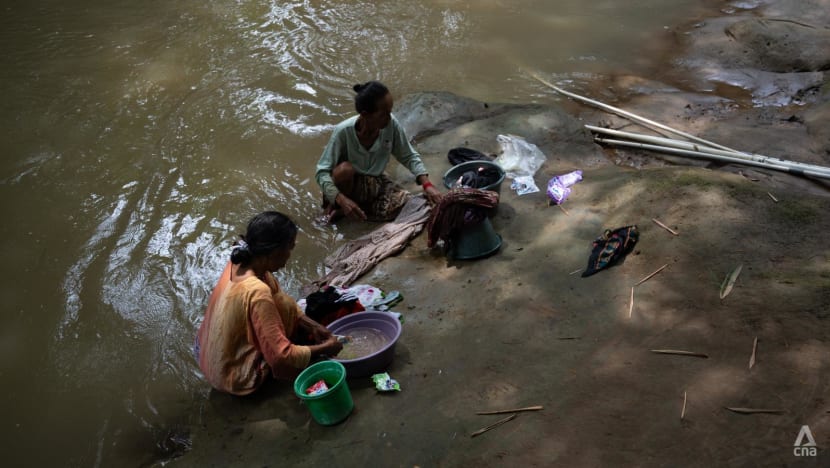
7. Moscow, Russia
Despite Russia’s vast fresh water reserves, a significant portion of its drinking water fails to meet sanitary standards due to pollution. Moscow’s water supply heavily depends on polluted surface water sources.
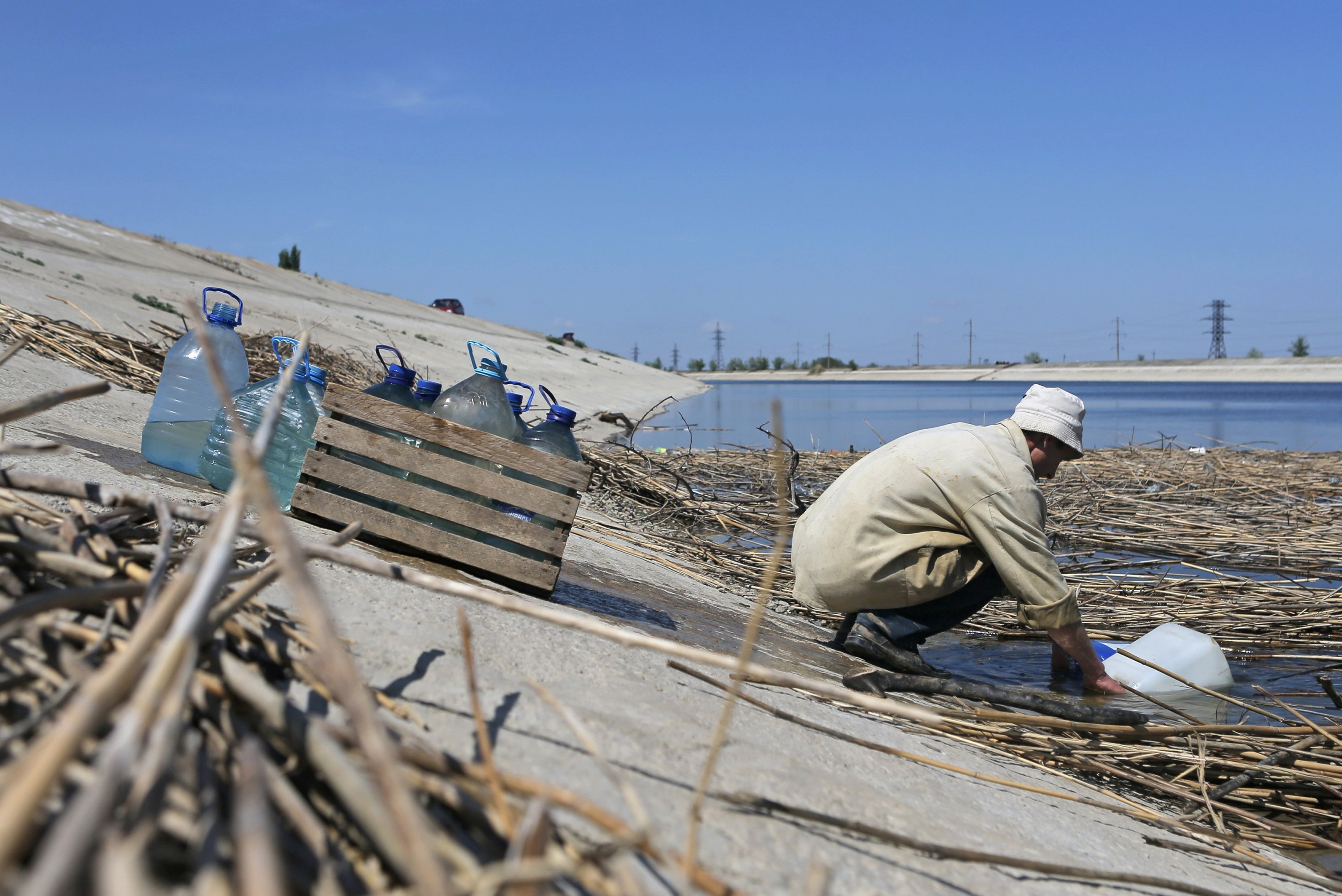
8. Istanbul, Turkey
Turkey is currently experiencing water stress, with per capita water supply dropping below sustainable levels. Some areas of Istanbul have already faced severe water shortages.
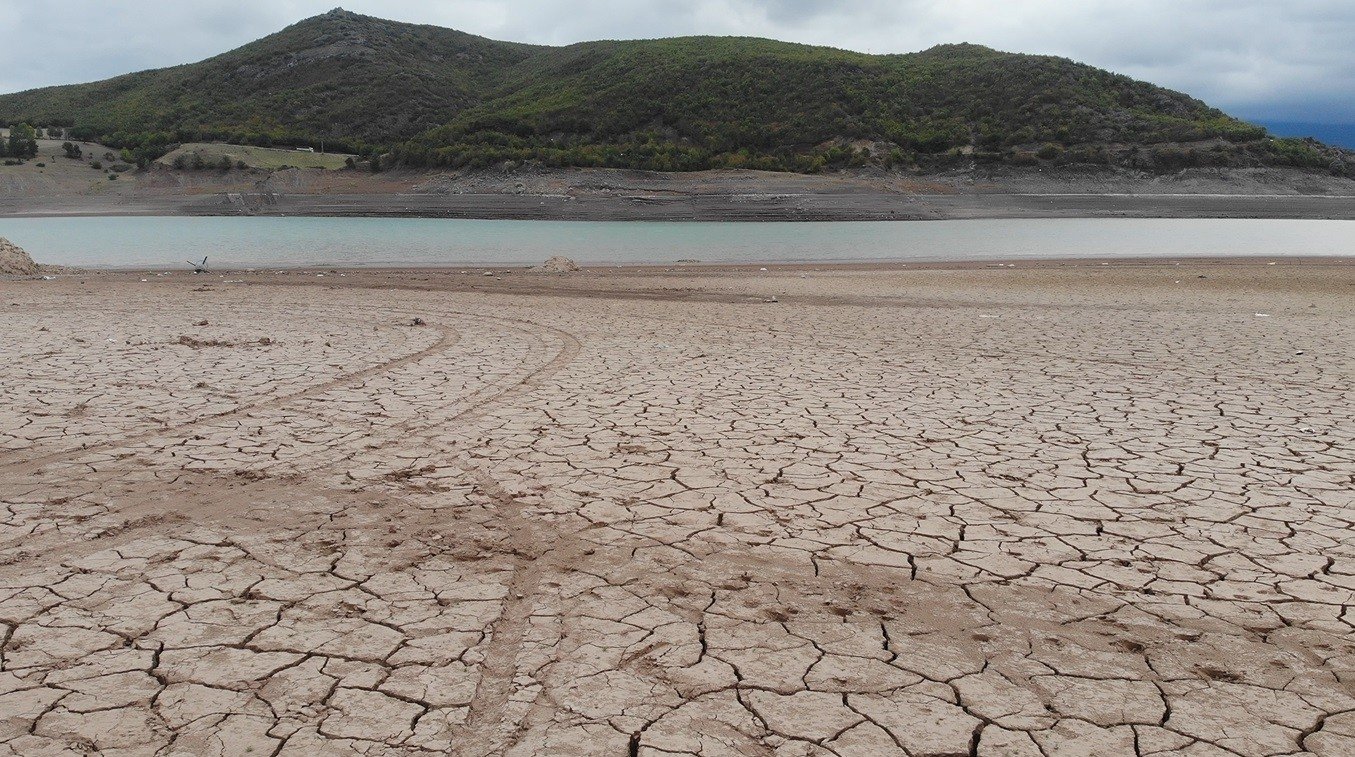
9. Mexico City, Mexico
A substantial portion of Mexico City’s population has limited access to running water, with up to 40% of water being imported due to local shortages and distribution system inefficiencies.

10. London, United Kingdom
London faces potential supply problems in the coming years, with projections indicating serious shortages by 2040. The city’s reliance on rivers for water makes it vulnerable to changing climate patterns.

11. Tokyo, Japan
Tokyo receives ample rainfall, but its water supply faces challenges due to seasonal variations, making it difficult to replenish water reserves consistently.

Conclusion
These 11 cities represent a global trend of water stress and scarcity, highlighting the urgent need for sustainable water management practices and investments in water infrastructure to ensure adequate supply for growing populations.